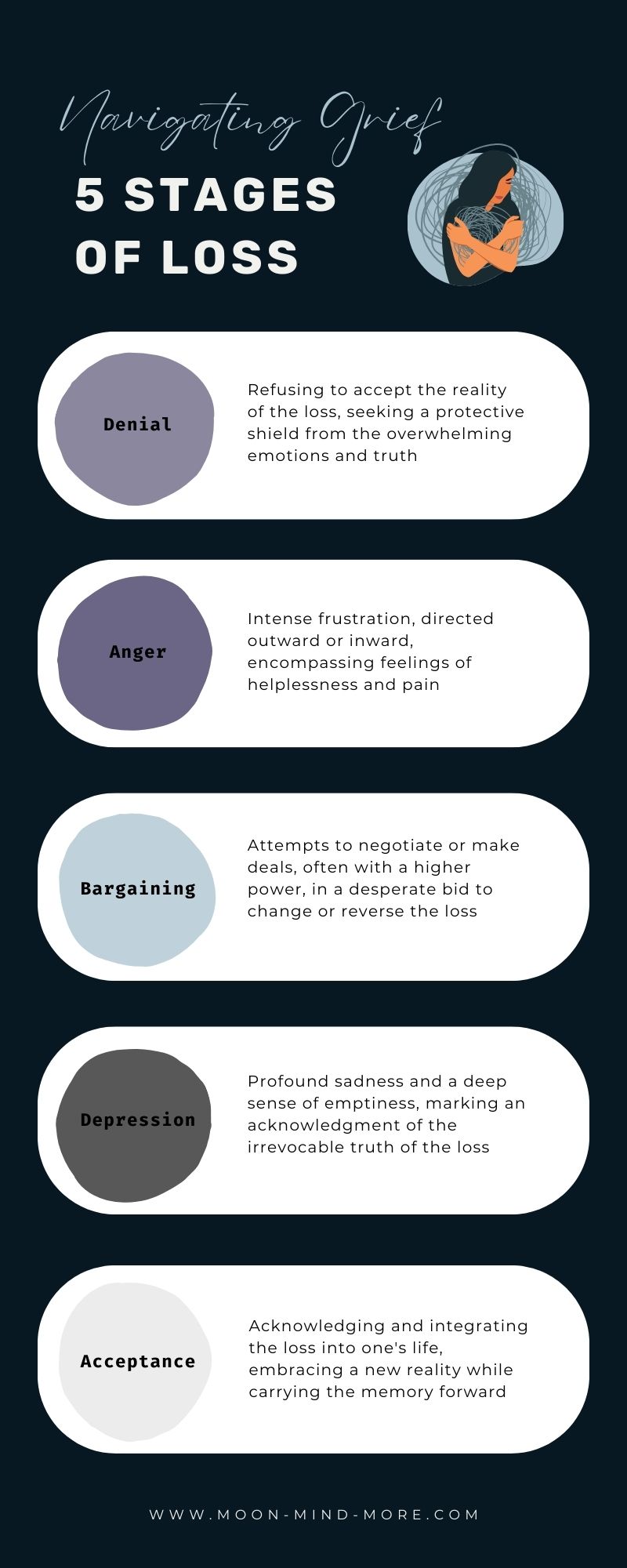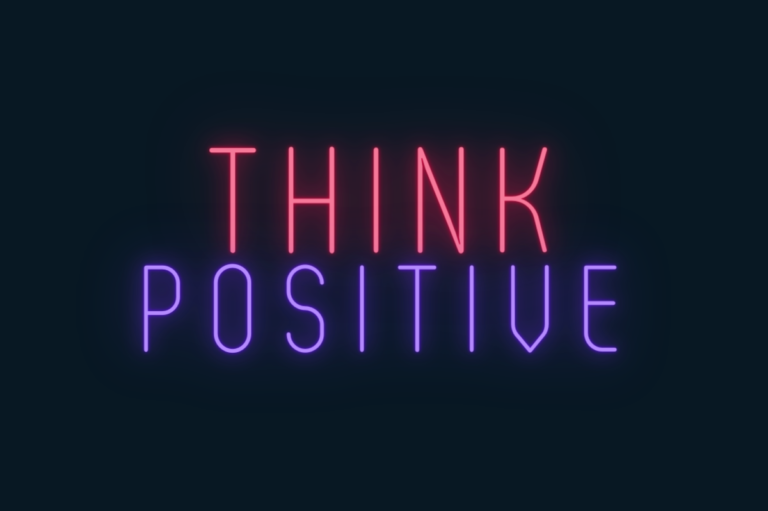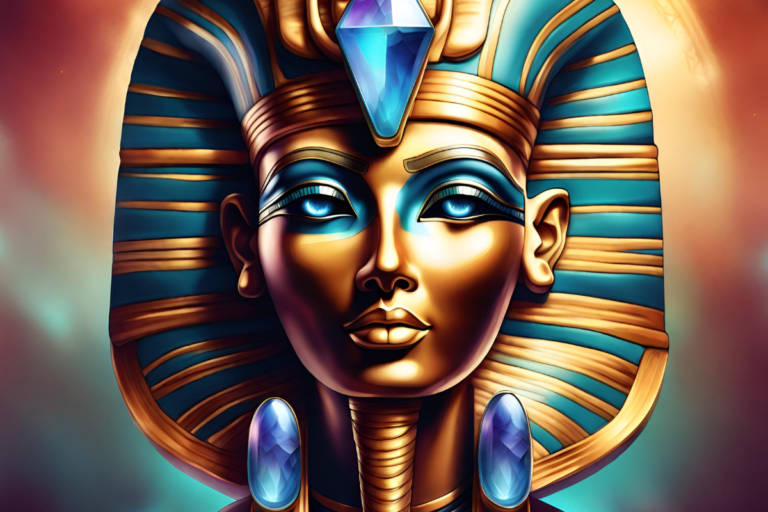Navigating grief is a deeply personal and intricate journey. The stages of grief, often associated with the Kübler-Ross model, present a framework to understand the emotional rollercoaster following loss. However, it’s crucial to acknowledge that these stages—denial, anger, bargaining, depression, and acceptance—aren’t a linear roadmap but rather a fluid spectrum where individuals may oscillate, skip stages, or revisit them multiple times.

Denial marks the initial reaction, a shield against the overwhelming truth. It’s a temporary refuge, a protective cocoon from the harsh reality. As this facade cracks, anger surfaces—a potent mix of frustration, helplessness, and pain directed at various targets, including oneself, loved ones, or even the departed.
Bargaining follows, a phase where desperation takes form in attempts to negotiate, often with a higher power, to revert the loss. “What-ifs” and “if-onlys” become a mantra in this quest for an alternate outcome. Subsequently, depression settles in, a profound sadness intertwined with a sense of emptiness and a longing for what’s lost. This stage often signifies the acceptance of the irrevocable truth.
Finally, acceptance isn’t about forgetting or being okay with the loss; it’s the acknowledgment of a new reality. It’s about integrating the loss into one’s life, finding a way to carry the memory forward while fostering personal growth.

Yet, these stages aren’t prescriptive. Grief is profoundly individual, influenced by culture, personality, and the nature of the loss. Some may experience all stages, while others might not. Moreover, emotions aren’t confined to neat categories—they intermingle, resurface, or ebb away unexpectedly.
Understanding these stages isn’t about imposing a timeline; it’s about providing a compass to navigate the turbulent sea of emotions. It’s permission to feel without judgment, to grieve at one’s own pace. Furthermore, recognizing that healing isn’t linear can ease the burden of expecting oneself to adhere to a predefined trajectory.
In the end, grief is a testament to the love shared—a reflection of the profound impact a person had on our lives. It’s an individual journey, where embracing the complexity of emotions fosters resilience and eventual healing. As we navigate through these stages, we honor not just the loss but also the enduring spirit that enables us to find solace amidst the pain.






